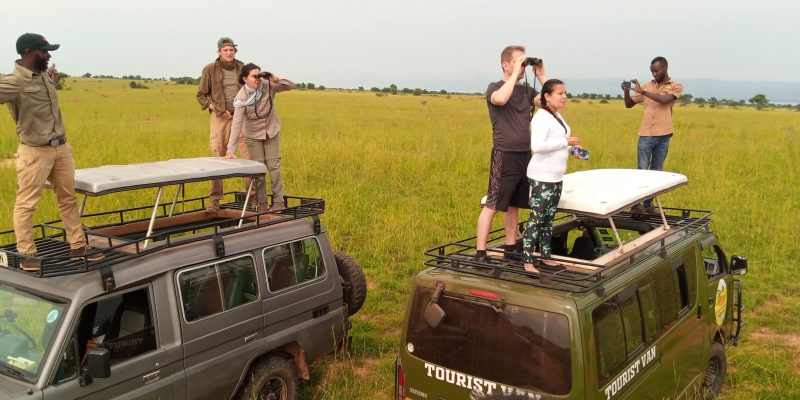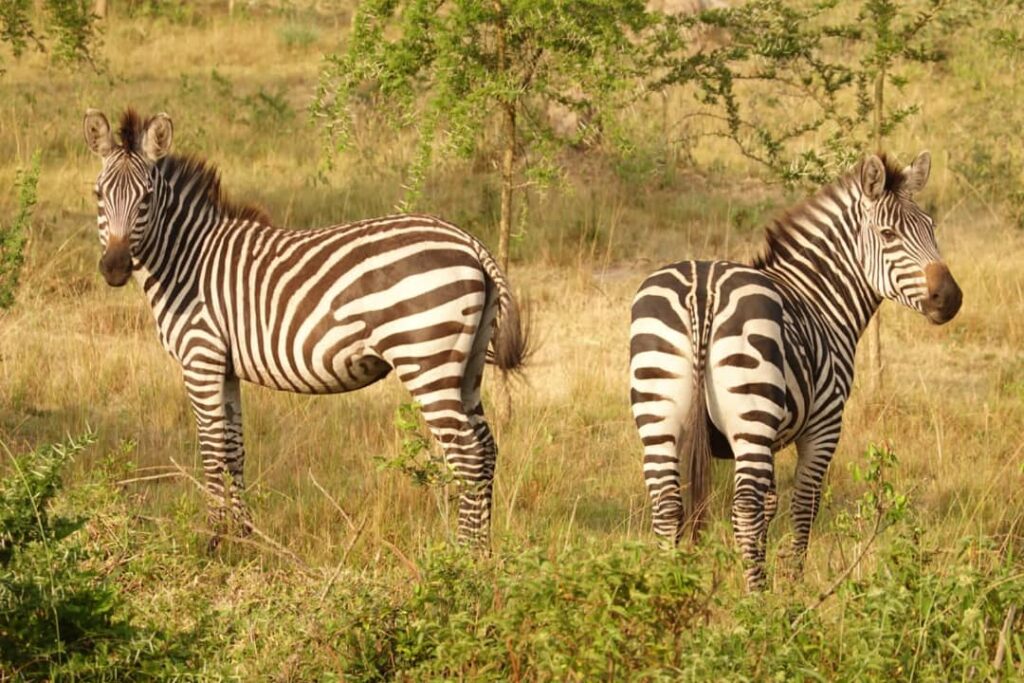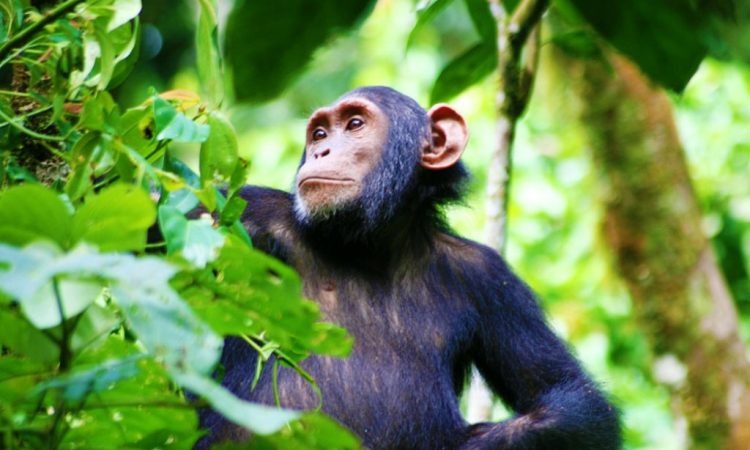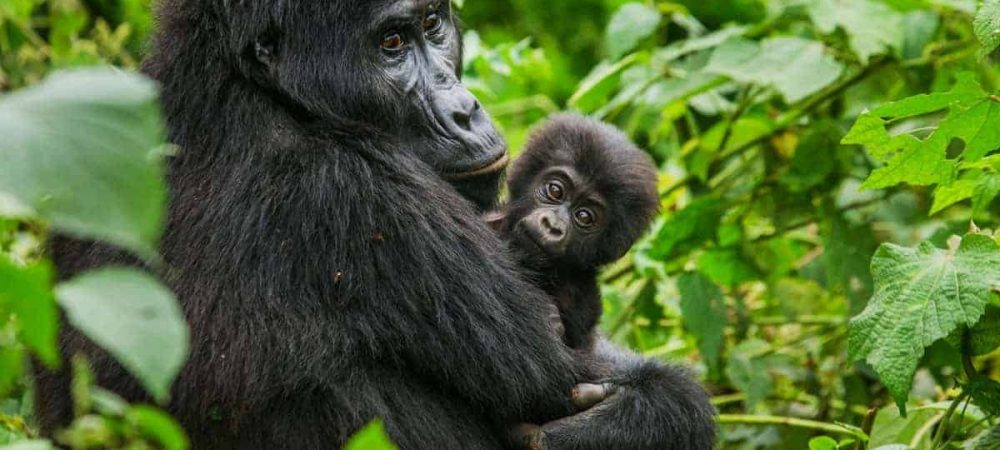Uganda is a beautiful destination with Savannah plains, as well as rich and fertile green lands to explore;
a aired landscape makes varied habitats so there is a variety of wildlife here to watch out for! As you may well know, the most common reason people travel on safari to Uganda is to track the gorillas.

Here we have answers to some of your questions. As well as gorilla facts, we have some questions frequently asked about camps, parks and other wildlife you are likely to find, if there are any other topics you think we should cover, or particular questions you would like to be answered on Uganda then please feel free to contact us
At spectrum nature safaris, as a wildlife and gorilla tracking safari company and together with the other partners in tourism or safaris to Africa, we get so many concerns and questions by visitors and we know these would be of help as you plan your next journey to Uganda, Rwanda or Africa at large. Please find below some of the helpful information.




What is the best time to go on a gorilla tracking safari or any other tour in Uganda or Rwanda?
Both countries have almost the same climate and terrain. It is possible to travel all year round but the best times for travel are between June to October and December to February, however, they are also characterized with a greater number of visitors and rainy seasons. This makes the price of accommodation and transport high making the safari about on the high side. Though November, march to June would be ideal for bets prices being a low season but all said you can visit both countries all year round.
What does it take to do a gorilla tracking safari or wildlife safari?
There may be no training needed but some level of fitness is required. Gorilla tracking will involve walking and many involve hiking up and down the hills, negotiating over muddy areas or small streams and sometimes going off track through the dense forests. For clients who are gorilla tracking addicts, porters can be hired to carry your back packs and help you both up and down on more mountainous terrain. Once the gorillas are located, all backpacks must be left with the porters or accompanying park personnel. It is advised to stretch your arms, backs, and legs before and after your trekking. Keep any valuables like money, cameras, and anything else you wouldn’t want to be separated from your pockets! Time depends on the season of food plenty or scarcity as well as fitness of the people in the group though from our experience any person of any age can comfortably trek the gorillas and have the most memorable experience.
What do I do with children while I go gorilla trekking or chimpanzee trekking?
Most lodges and parks have games and activities that will keep children occupied while parents are going for gorilla or chimpanzee tracking. Lodges can usually provide a baby sitter to watch over the kids while parents are busy. Ugandans generally love children and are very good with them; you will find that they will develop a good relationship with your children! They could take children on short, easy, guided walks or stay with them in the vehicle or the lodge according to whatever you prefer.
What chance do I have of seeing the gorillas?
Chances of seeing the gorillas are over 95%. If you are in the very unlikely situation not to have seen them, you will be given the choice of either 50% refund of the cost of the gorilla permit or another chance of spotting the apes the next day. Please note that it is the national wildlife authority that issues the refund. Your driver will be happy to assist you n the procedure.
Hiking requirements
You are usually recommended to carry the necessary equipments you will need on the hike like strong hiking shoes, raincoats since sometimes rainfall is unpredictable, strong jackets among others.
What kinds of eats are provided to vegetarians during the gorilla trekking experience?
Uganda generally is quite fertile and has the most fresh vegetables and other food is beans, peanuts, simsim and eggs can provide alternative sources of protein for vegetarians. For those who enjoy fishing, the lakes and rivers of the region are replete with tilapia and Nile perch. It would be helpful if you could let us know it in advance so we can make preparations with the restaurants and lodges on your itinerary.